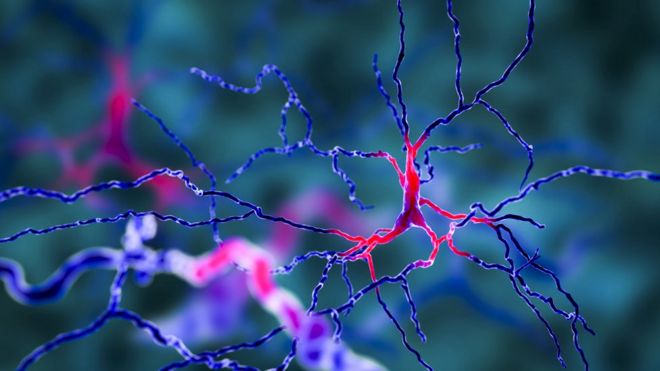PAIN AND PAIN AND PAIN....Did I mention that I had pain??
Last night I went to a bereaved parents meeting. Several new people came last night. I was so focused on them that I really forgot about my sciatica pain until I had to get up or move around One woman came from Chester and she had about 6 family members with her. Her son was shot in the crossfire of two gangs. He had just graduated high school and was working full time and was loved by his family. He was walking home from his friend's house when it happened. He was 18, the same age Amy was when she died. There is no good way to lose a child, but when it is at another person's hand, I think it is worse. We lost Amy at Dr Glunk's hands. I totally forgot that I had Parkinson's and Sciatica until I had to get up to use the restroom! Then it all came rushing back and I was like..........OMG, I am in so much pain, it hurts so much!!! We are planing to have a well known grief expert come to an event in Nov. I heard him speak before and he is amazing! He was president of Compassionate Friends for many years and now he travels around on his Angels Across America Tour! The words of his songs are so meaningful and so real.
Below is my favorite song sung by Carrie Underwood and .Vince Gill. I don't know why I added this song here but it distracts me and moves me to tears.
My girlfriend Jackie told me that she just read an article about Terazosin, which is used for enlarged prostates but it shows some promise in dealing with Parkinson's. It is a possible new treatment to slow the progression of the disease.
Prostate drug may slow Parkinson's disease
 GETTY IMAGES
GETTY IMAGES
A drug used to treat enlarged prostates may be a powerful medicine against Parkinson's disease, according to an international team of scientists.
Terazosin helps ease benign prostatic hyperplasia (BPH) by relaxing the muscles of the bladder and prostate.
But researchers believe it has another beneficial action, on brain cells damaged by Parkinson's.
They say the drug might slow Parkinson's progression - something that is not possible currently.
Cell death
They studied thousands of patients with both BPH and Parkinson's.
Their findings, published in the Journal of Clinical Investigation, suggest the alpha-blocker drug protects brain cells from destruction.
Parkinson's is a progressive condition affecting the brain, for which there is currently no cure.
Existing Parkinson's treatments can help with some of the symptoms but can't slow or reverse the loss of neurons that occurs with the disease.
Terazosin may help by activating an enzyme called PGK1 to prevent this brain cell death, the researchers, from the University of Iowa, in the US and the Beijing Institute for Brain Disorders, China, say.
Clinical trials
When they tested the drug in rodents it appeared to slow or stop the loss of nerve cells.
To begin assessing if the drug might have the same effect in people, they searched the medical records of millions of US patients to identify men with BPH and Parkinson's.
They studied 2,880 Parkinson's patients taking terazosin or similar drugs that target PGK1 and a comparison group of 15,409 Parkinson's patients taking a different treatment for BPH that had no action on PGK1.
Patients on the drugs targeting PGK1 appeared to fare better in terms of Parkinson's disease symptoms and progression, which the researchers say warrants more study in clinical trials, which they plan to begin this year.
'Exciting area'
Lead researcher Dr Michael Welsh says while it is premature to talk about a cure, the findings have the potential to change the lives of people with Parkinson's.
"Today, we have zero treatments that change the progressive course of this neurodegenerative disease," she says.
"That's a terrible state, because as our population ages Parkinson's disease is going to become increasingly common.
"So, this is really an exciting area of research."
'Disease modifying'
Given that terazosin has a proven track record for treating BPH, he says, getting it approved and "repurposed" as a Parkinson's drug should be achievable if the clinical trials go well.
The trials, which will take a few years, will compare the drug with a placebo to make sure it is safe and effective in Parkinson's.
Co-researcher Dr Nandakumar Narayanan, who treats patients with Parkinson's disease said: "We need these randomised controlled trials to prove that these drugs really are disease modifying.
"If they are, that would be a great thing."
Prof David Dexter from Parkinson's UK said: "These exciting results show that terazosin may have hidden potential for slowing the progression of Parkinson's, something that is desperately needed to help people live well for longer.
"While it is early days, both animal models and studies looking at people who already take the drug show promising signs that need to be investigated further."



Comments
Post a Comment